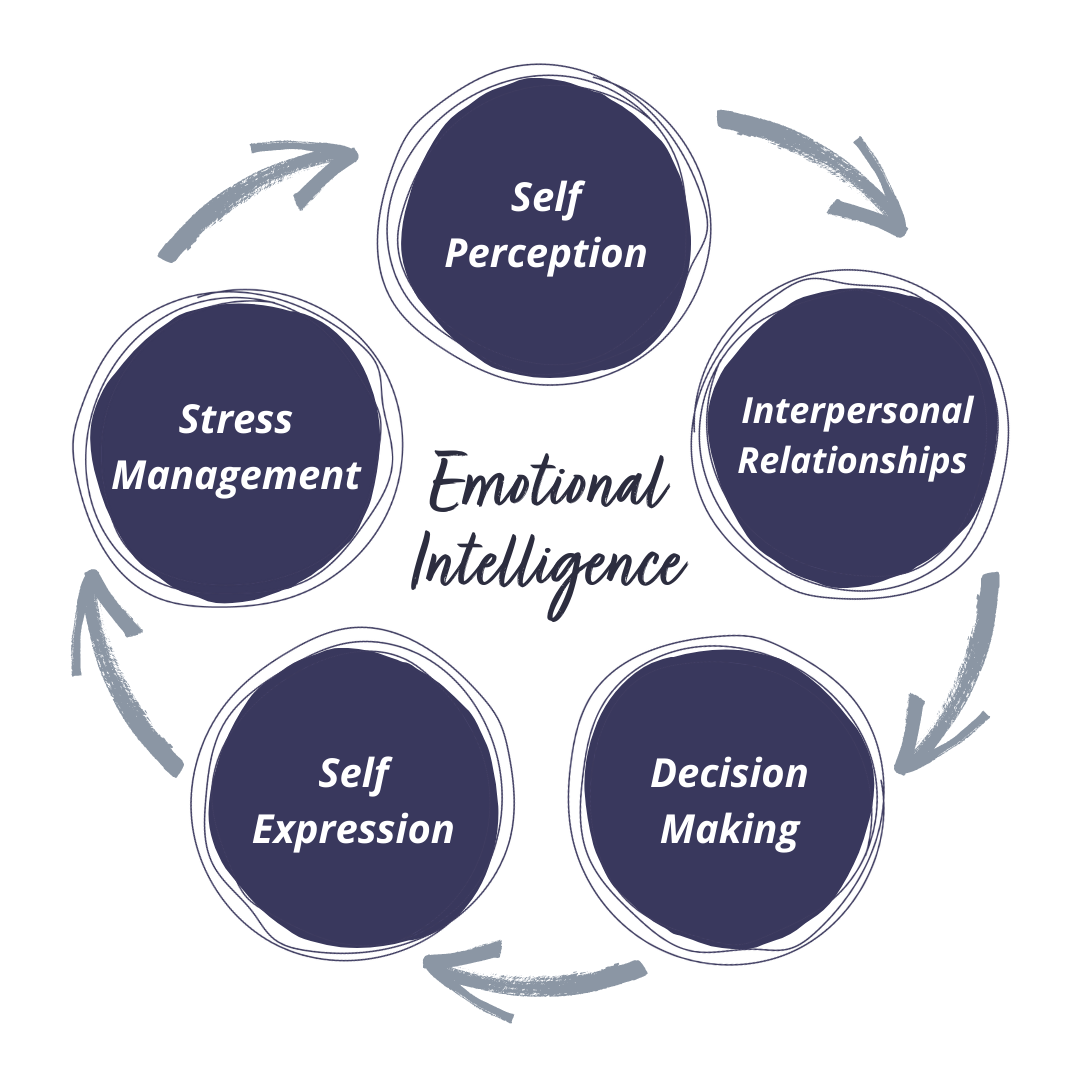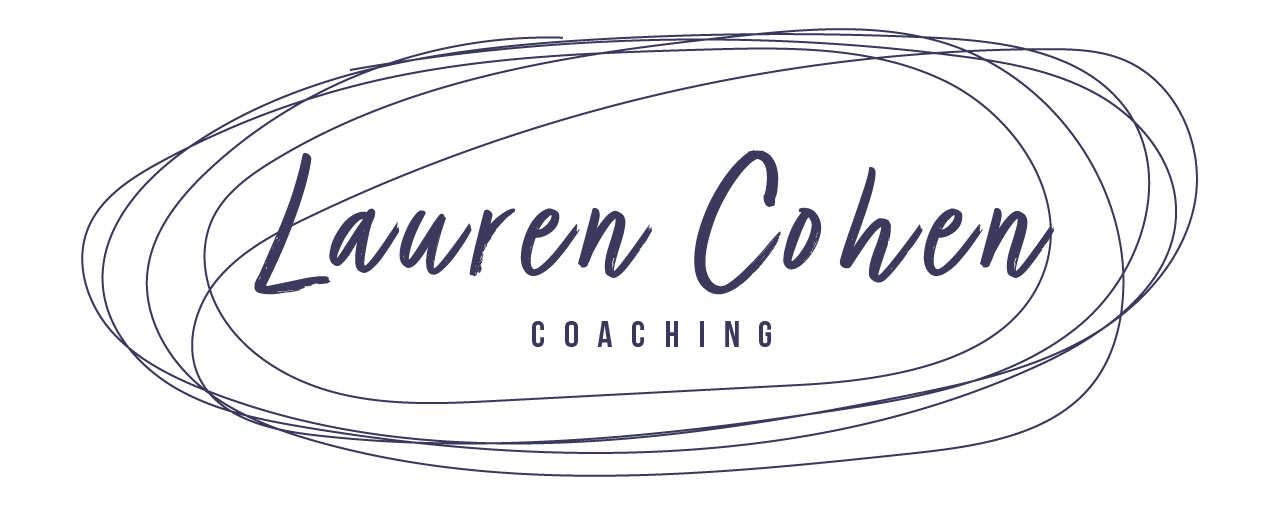Emotional Intelligence Isn’t a Soft Skill, It’s a Leadership Fundamental
The term ‘emotional intelligence,’ first coined by psychologists in 1990, is defined as the ability to understand your own emotions, and to recognize and influence the emotions of others. Over the years, emotional intelligence – also known as EQ – has evolved into a must-have skillset. This emotional and social skillset collectively establishes how well you perceive and express yourself, develop and maintain relationships, cope with challenges, and use emotional information to make decisions. When I work with individuals and teams, these issues come up over and over again. That’s because all issues at work are people issues, and all people issues involve emotions.
You Need Emotional Intelligence to Thrive in Today’s Professional Landscape
While IQ will get you in the door, EQ is more predictive of your long-term success and growth potential. In other words, being smart is necessary and not enough. Think of it this way: you must have the requisite smarts to perform your job; however, if you lack emotional self-awareness and empathy, if you’re unable to build and maintain relationships, if you can’t reality test or control impulses, or if you’re unable to manage challenging times, you won’t progress very far, and people are unlikely to want to work with you.
Emotions are nothing more than data, which you can interpret to understand more about what motivates you and what gets in your way. These qualities are essential to being able to actualize your inherent potential and serve as a valuable member of any team.

Emotional Intelligence is Your Leadership Superpower
We are emotional beings. We relate to others through emotional connection. As Brené Brown often says, vulnerability is that the last thing you want other people to see in you, but the first thing you look for in someone else. When it comes to leadership, there’s nothing more powerful than the ability to connect emotionally.
Think about the leader that has most inspired you in your life. Brainstorm the top five characteristics that inspire you about that leader. Categories the five leadership characteristics into these buckets: cognitive, strategic, technical, emotional. I’ve asked this question a number of times and I know that the majority of inspiring leadership characteristics fall into the emotional category. As a leader, your ability to understand your own emotions and those of others is human magic.
Good News: Emotional Intelligence is a Learned Skill
Unlike IQ, which is fixed, emotional intelligence (frequently called “EQ”) exists on a continuum and can be developed and strengthened. Most people have some degree of emotional intelligence. By understanding the areas that are a natural strength and those that take more effort to exercise, you can identify blind spots and work to enhance your EQ, both at the individual and the team level.
A great place to start is by taking the EQi-2.0 Assessment, which must be administered by a certified provider. Your certified provider will debrief the results with you and partner with you to co-create a development plan based upon insight gleaned through the assessment.
Knowledge is power. Learning how you process emotional information will raise your self-awareness and set you up to navigate challenging workplace issues more effectively so you can lead with more power and influence.
if you’re ready to lead yourself, to lead your people, to lead your business, let’s connect!
Need a Regular Dose of Inspiration?
Subscribe to my period newsletter to receive coaching tips, tools and resources straight to your inbox,
If you are ready to start living and leading bigger
to inspire yourself and others toward better, I’d love to partner with you.

